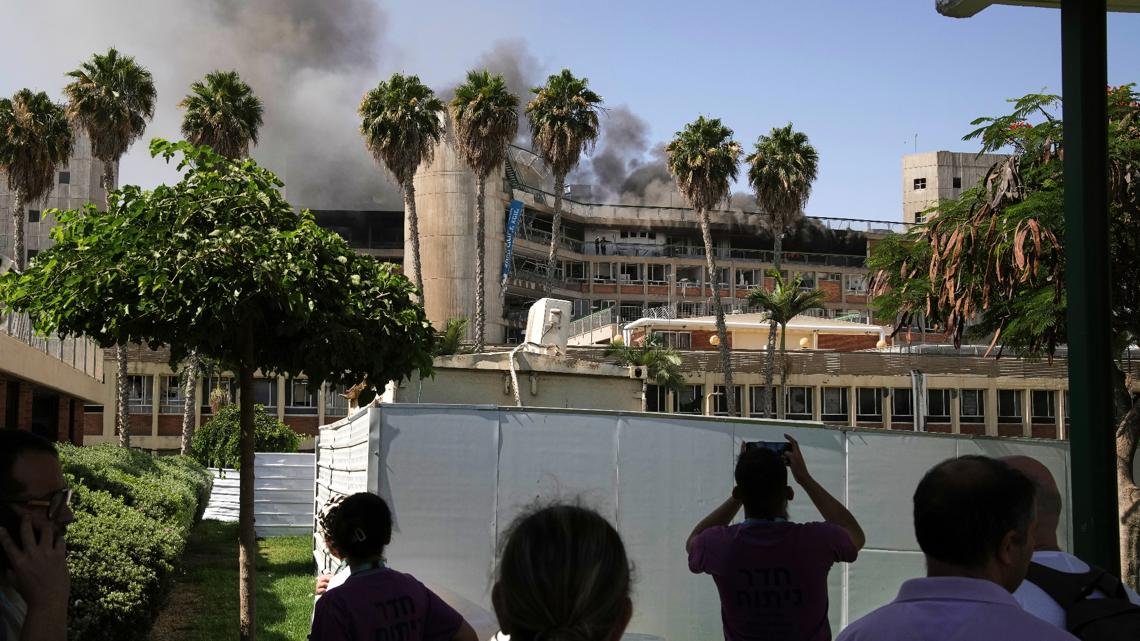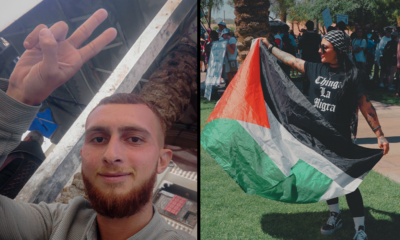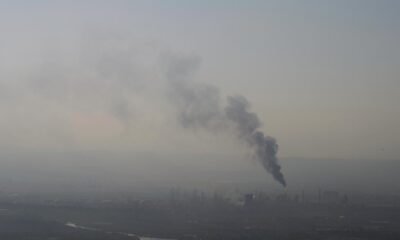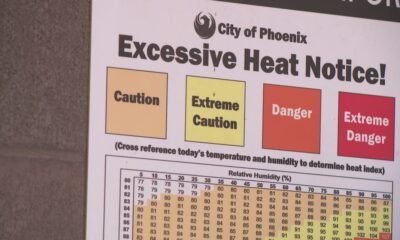cct-tracking
Israel and Iran Escalate Conflict with Fresh Strikes Amidst Emerging Diplomatic Push

President Donald Trump is deliberating potential U.S. military action against Iran, specifically targeting the fortified Fordo uranium enrichment facility, which is largely considered impervious to conventional strikes. Trump stated he would make a decision on U.S. involvement in the escalating conflict within two weeks, citing a “substantial chance” for renewed talks regarding Iran’s nuclear ambitions.
As tensions rise, Iran’s Foreign Minister Abbas Araghchi is reportedly on his way to Geneva for talks with European Union officials and counterparts from the UK, France, and Germany. Flight data suggests his departure from Turkey, though Iran typically confirms such trips only post-factum.
Meanwhile, Britain’s foreign secretary recently met with U.S. Secretary of State Marco Rubio to explore diplomacy aimed at de-escalating the situation. However, Araghchi emphasized on state television that Iran seeks no negotiations while Israeli attacks persist, criticizing U.S. support for Israel in the ongoing conflict.
In a dramatic escalation, Israeli airstrikes targeted multiple sites across Iran early Friday, utilizing over 60 aircraft to strike locations involved in missile production. Israeli military spokesperson Brig. Gen. Effie Defrin confirmed ongoing air operations and stated that additional targets remain on their list, aiming to maintain air superiority throughout the region.
In southern Israel, missile strikes damaged residential areas, including a six-story building, injuring several individuals. This occurred shortly after a major attack on the Soroka Medical Center in Beersheba that left over 80 people hurt.
Following this, Israel’s defense minister issued a stern warning to Iranian leadership, stating that efforts would be made to eliminate any threats posed by Supreme Leader Ayatollah Ali Khamenei. Prime Minister Benjamin Netanyahu conveyed confidence in Trump’s decision-making, expressing faith that the U.S. would act in its best interests.
The conflict, which ignited on June 13, has resulted in significant casualties: over 657 individuals are reported dead in Iran, including 263 civilians. Iran has retaliated with missile and drone strikes against Israel, causing casualties and injuries despite Israel’s air defense systems intercepting most threats.
Iran maintains its nuclear program is for peaceful purposes; however, it remains the only non-nuclear-weapon state to enrich uranium up to 60%, just short of weapons-grade levels. Conversely, Israel is widely believed to possess nuclear weapons, although it has never confirmed this.
The Israeli air campaign has systematically targeted key elements of Iran’s nuclear infrastructure, including sites at Natanz and Isfahan, along with ballistic missile launchers. This strategy has contributed to a marked decrease in Iranian attacks as the war progresses.


















